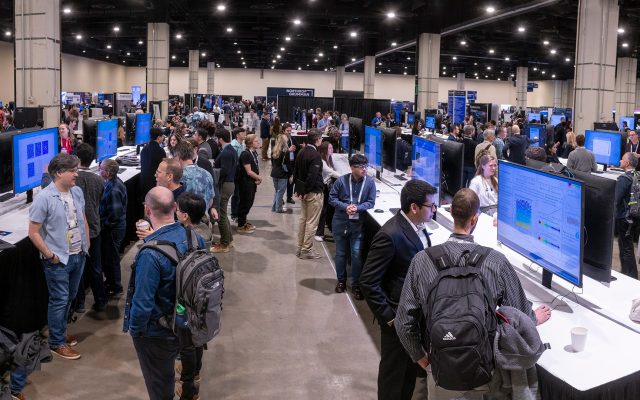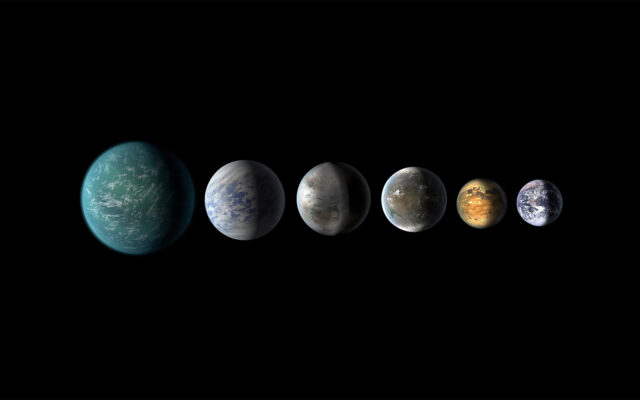Due to increased interest, our Astronomy students have added an additional weekly show. You can now experience the cosmos EVERY Monday and Friday until May […]
Announcements
SDSU Department of Astronomy to host solar eclipse viewing on April 8
Community members are invited to safely view the partial eclipse from 10 a.m. to 12:30 p.m. in the Mediterranean Garden courtyard on the SDSU campus
2023 John D. Schopp Memorial Lecture
Dr. Rachel Bezanson will share how she’s using the newest NASA observatory – the James Webb Space Telescope – to learn about the earliest galaxies
STARS 2023 Applications Now Open
Local students in high school, community college or their first two years at San Diego State University who are interested in astronomy research and STEM careers should consider applying for the free four-week educational experience.
Graduate Student Ashley LeMasters Explains Dark Energy and HETDEX
At a recent San Diego Astronomy on Tap virtual event, SDSU Astronomy master’s student Ashley LeMasters explained what we know and what we still have […]














